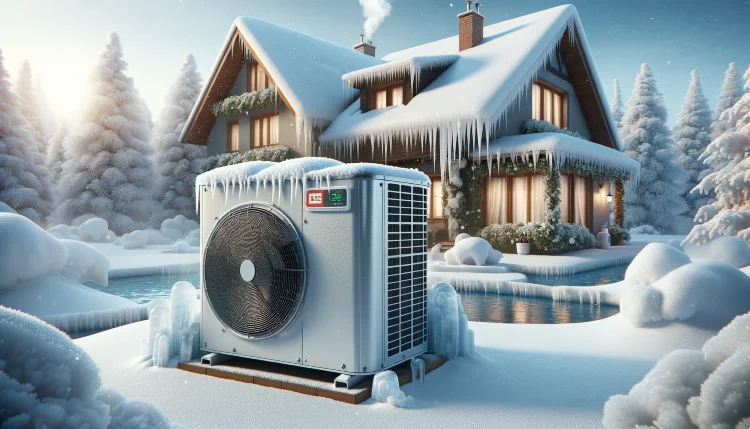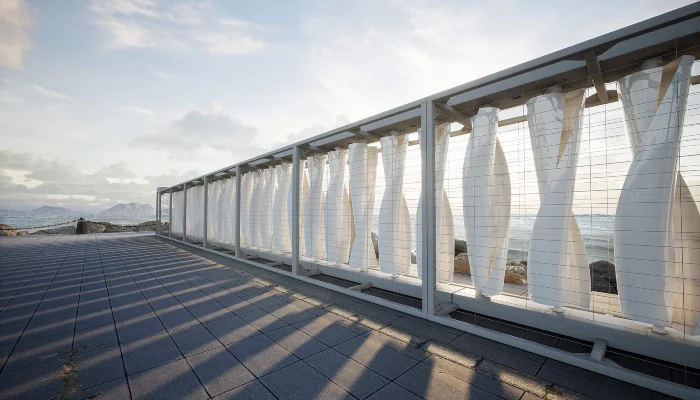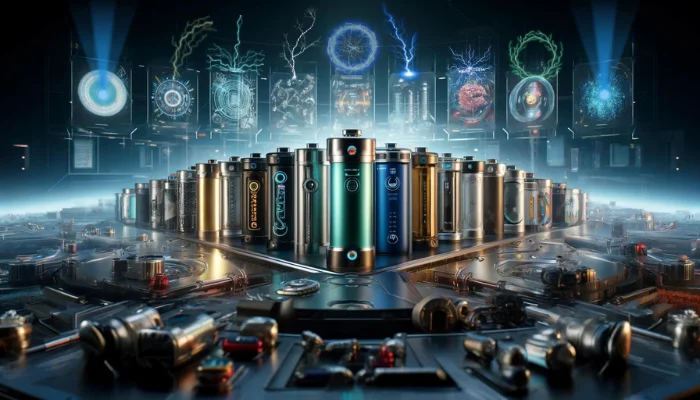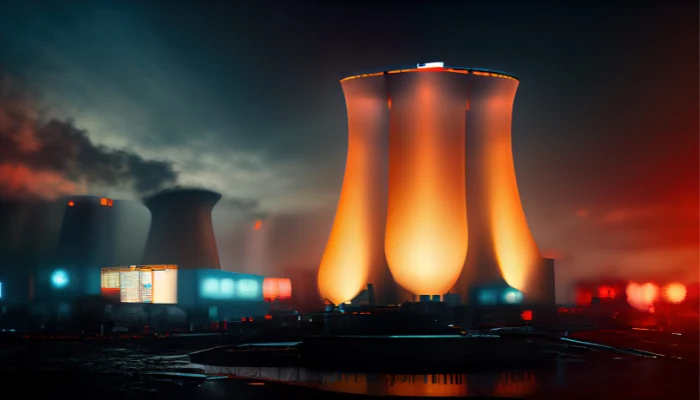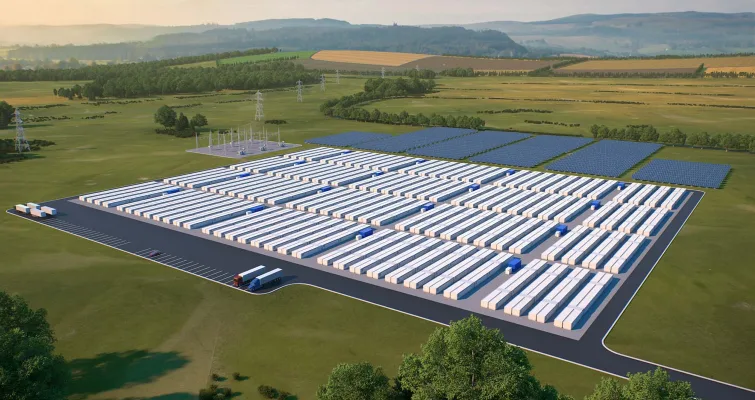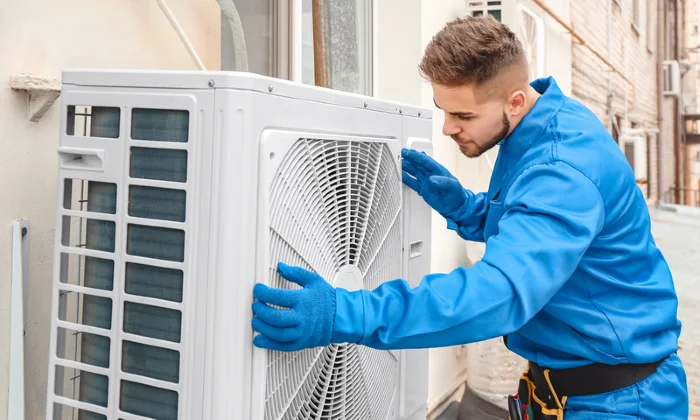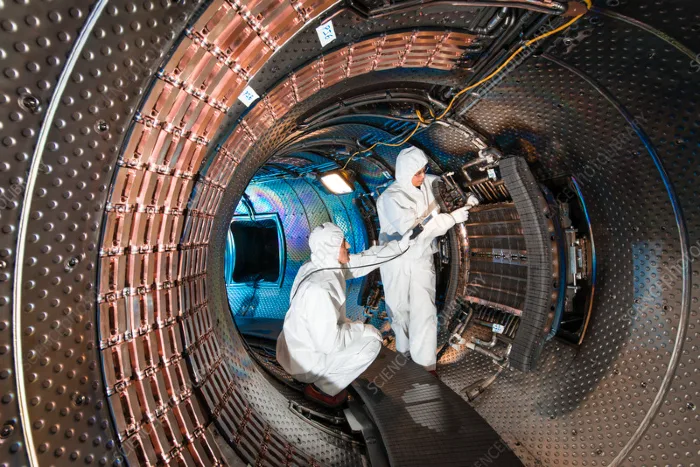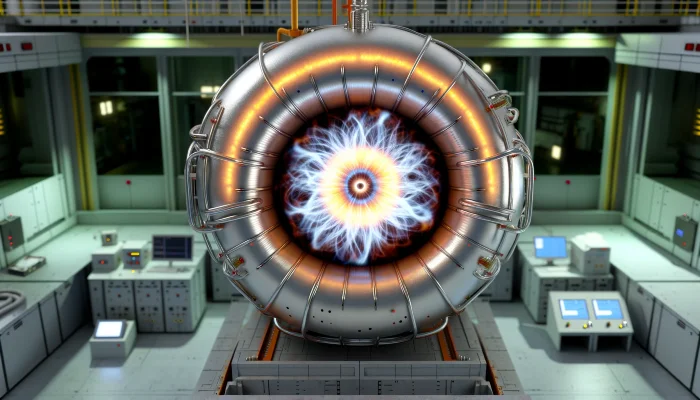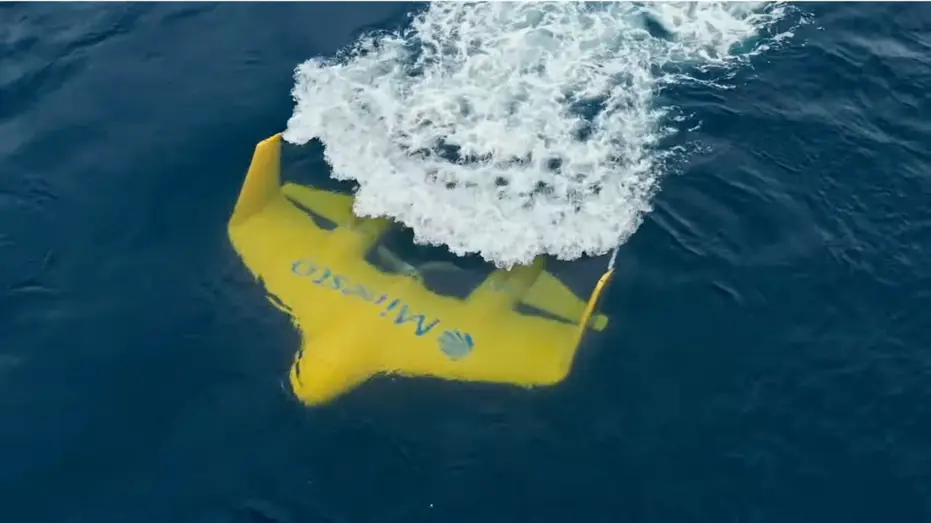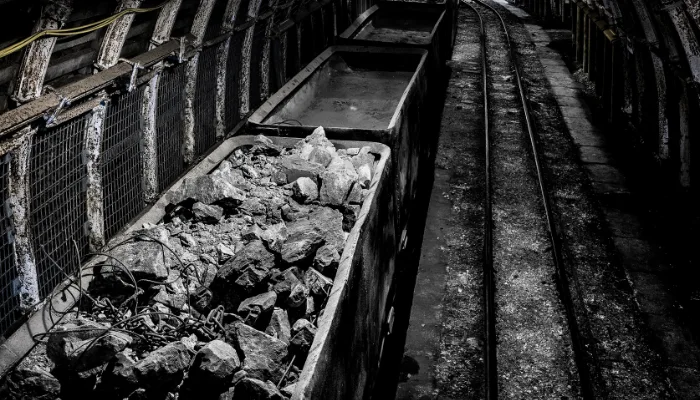In a significant stride towards sustainable home heating, four additional heat pump manufacturers have joined the Department of Energy’s (DOE) Residential Cold Climate Heat Pump Challenge. This initiative marks a pivotal advancement in eco-friendly home heating solutions, particularly for regions experiencing extreme cold.
The DOE’s Innovative Challenge
The Challenge set forth by the DOE requires participating manufacturers to develop heat pumps that can deliver 100% heating capacity at sub-zero temperatures without auxiliary heat. The goal is to achieve higher efficiencies even at temperatures as low as 5F (-15C), and ideally, these units should function effectively at -15F (-26C).
Successful Prototypes and Expanding Participation
In December 2022, Johnson Controls announced its successful development of an air source heat pump prototype capable of operating below -20F (-29C), aligning with the DOE’s stringent criteria. Joining Johnson in this groundbreaking endeavor are Bosch, Daikin, and Midea, alongside earlier participants like Lennox International, Carrier, Trane Technologies, and Rheem. These companies have passed the lab testing phase and are now transitioning into field-testing, with more than 23 prototypes set to be installed and monitored across various cold-climate locations in the US and Canada over the next year.
The Path to Commercialization
The DOE’s Challenge isn’t just a technological feat, but also a pathway to broader adoption and commercialization. In collaboration with nearly 30 states, utilities, and other partners, the DOE is actively promoting the adoption of cold-climate heat pumps. The aim is to launch deployment programs and commercial products within the year, revolutionizing home heating in colder regions.
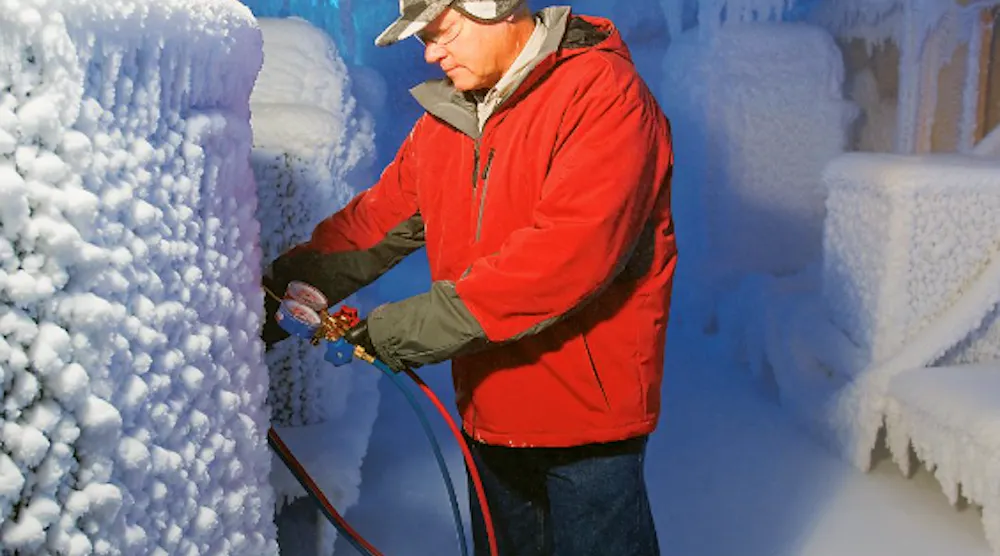
Benefits to Homeowners and the Environment
Cold-climate heat pumps aren’t only a boon for the environment but also offer substantial financial savings for households. These units can save homeowners over $500 annually on utility bills while significantly reducing carbon emissions. On top of that, the Inflation Reduction Act’s Energy Efficient 25C Tax Credit sweetens the deal, offering a 30% tax credit for heat pump installations, capped at $2,000 per year.
Support for Low and Moderate-Income Households
In a move to make this technology accessible to all, the DOE has introduced Electrification Rebates. For low-income households (earning under 80% of the area median income), these rebates cover 100% of heat pump costs up to $8,000. Households earning between 80-150% of the area median income can avail 50% coverage on heat pump costs, up to $8,000. This initiative ensures that the benefits of sustainable heating are within reach for a broader segment of the population.
More To Discover
The successful development of these cold-climate heat pump prototypes represents a major leap in sustainable home heating technology. As these prototypes undergo field-testing and move towards commercialization, they promise not only environmental benefits but also significant cost savings for homeowners across North America.
The DOE’s Challenge is set to redefine how homes stay warm in the winter, paving the way for a more energy-efficient and eco-conscious future.







